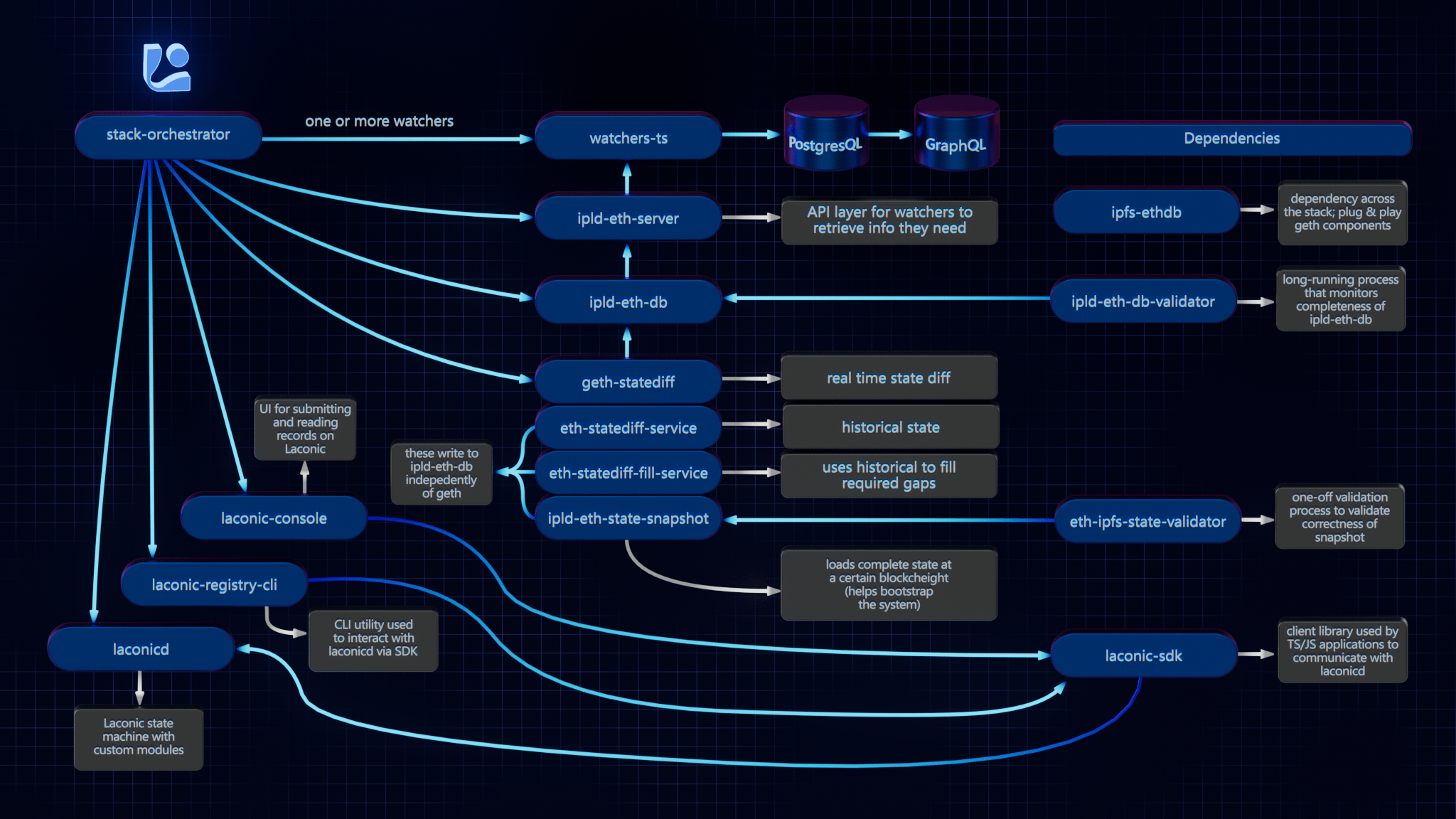|
Some checks failed
Fixturenet-Eth-Plugeth-Arm-Test / Run an Ethereum plugeth fixturenet test (push) Failing after 1s
K8s Deploy Test / Run deploy test suite on kind/k8s (push) Successful in 9m38s
Fixturenet-Eth-Plugeth-Test / Run an Ethereum plugeth fixturenet test (push) Failing after 3h10m0s
Database Test / Run database hosting test on kind/k8s (push) Successful in 10m11s
Lint Checks / Run linter (push) Successful in 57s
Publish / Build and publish (push) Successful in 1m34s
Webapp Test / Run webapp test suite (push) Successful in 5m8s
Deploy Test / Run deploy test suite (push) Successful in 6m20s
Smoke Test / Run basic test suite (push) Successful in 5m30s
Fixturenet-Laconicd-Test / Run Laconicd fixturenet and Laconic CLI tests (push) Successful in 14m49s
This add a new option `--fqdn-policy` to the `deploy-webapp-from-registry`. The default policy, `prohibit` means that `ApplicationDeploymentRequests` which specify a FQDN will be rejected. The `allow` policy will cause them to be processed. The `preexisting` policy will only process them if an existing `DnsRecord` exists in the registry with the correct ownership. The latter would be useful in conjunction with a pre-checking scheme in the UI (eg, that the DNS entry is properly configured, the domain is under the control of the requestor, etc.) Only after all the checks were successful would the `DnsRecord` be created, allowing for `ApplicationDeploymentRequests` to use it. Reviewed-on: #802 Reviewed-by: David Boreham <dboreham@noreply.git.vdb.to> Co-authored-by: Thomas E Lackey <telackey@bozemanpass.com> Co-committed-by: Thomas E Lackey <telackey@bozemanpass.com> |
||
|---|---|---|
| .gitea/workflows | ||
| .github/workflows | ||
| docs | ||
| scripts | ||
| stack_orchestrator | ||
| tests | ||
| .gitignore | ||
| LICENSE | ||
| MANIFEST.in | ||
| README.md | ||
| requirements.txt | ||
| setup.py | ||
| tox.ini | ||
Stack Orchestrator
Stack Orchestrator allows building and deployment of a Laconic Stack on a single machine with minimial prerequisites. It is a Python3 CLI tool that runs on any OS with Python3 and Docker. The following diagram summarizes the relevant repositories in the Laconic Stack - and the relationship to Stack Orchestrator.
Install
To get started quickly on a fresh Ubuntu instance (e.g, Digital Ocean); try this script. WARNING: always review scripts prior to running them so that you know what is happening on your machine.
For any other installation, follow along below and adapt these instructions based on the specifics of your system.
Ensure that the following are already installed:
- Python3:
python3 --version>=3.8.10(the Python3 shipped in Ubuntu 20+ is good to go) - Docker:
docker --version>=20.10.21 - jq:
jq --version>=1.5 - git:
git --version>=2.10.3
Note: if installing docker-compose via package manager on Linux (as opposed to Docker Desktop), you must install the plugin, e.g. :
mkdir -p ~/.docker/cli-plugins
curl -SL https://github.com/docker/compose/releases/download/v2.11.2/docker-compose-linux-x86_64 -o ~/.docker/cli-plugins/docker-compose
chmod +x ~/.docker/cli-plugins/docker-compose
Next decide on a directory where you would like to put the stack-orchestrator program. Typically this would be
a "user" binary directory such as ~/bin or perhaps /usr/local/laconic or possibly just the current working directory.
Now, having selected that directory, download the latest release from this page into it (we're using ~/bin below for concreteness but edit to suit if you selected a different directory). Also be sure that the destination directory exists and is writable:
curl -L -o ~/bin/laconic-so https://git.vdb.to/cerc-io/stack-orchestrator/releases/download/latest/laconic-so
Give it execute permissions:
chmod +x ~/bin/laconic-so
Ensure laconic-so is on the PATH
Verify operation (your version will probably be different, just check here that you see some version output and not an error):
laconic-so version
Version: 1.1.0-7a607c2-202304260513
Save the distribution url to ~/.laconic-so/config.yml:
mkdir ~/.laconic-so
echo "distribution-url: https://git.vdb.to/cerc-io/stack-orchestrator/releases/download/latest/laconic-so" > ~/.laconic-so/config.yml
Update
If Stack Orchestrator was installed using the process described above, it is able to subsequently self-update to the current latest version by running:
laconic-so update
Usage
The various stacks each contain instructions for running different stacks based on your use case. For example:
Contributing
See the CONTRIBUTING.md for developer mode install.
Platform Support
Native aarm64 is not currently supported. x64 emulation on ARM64 macos should work (not yet tested).
